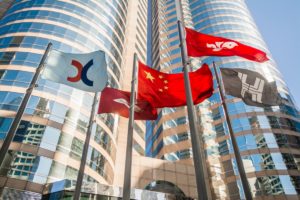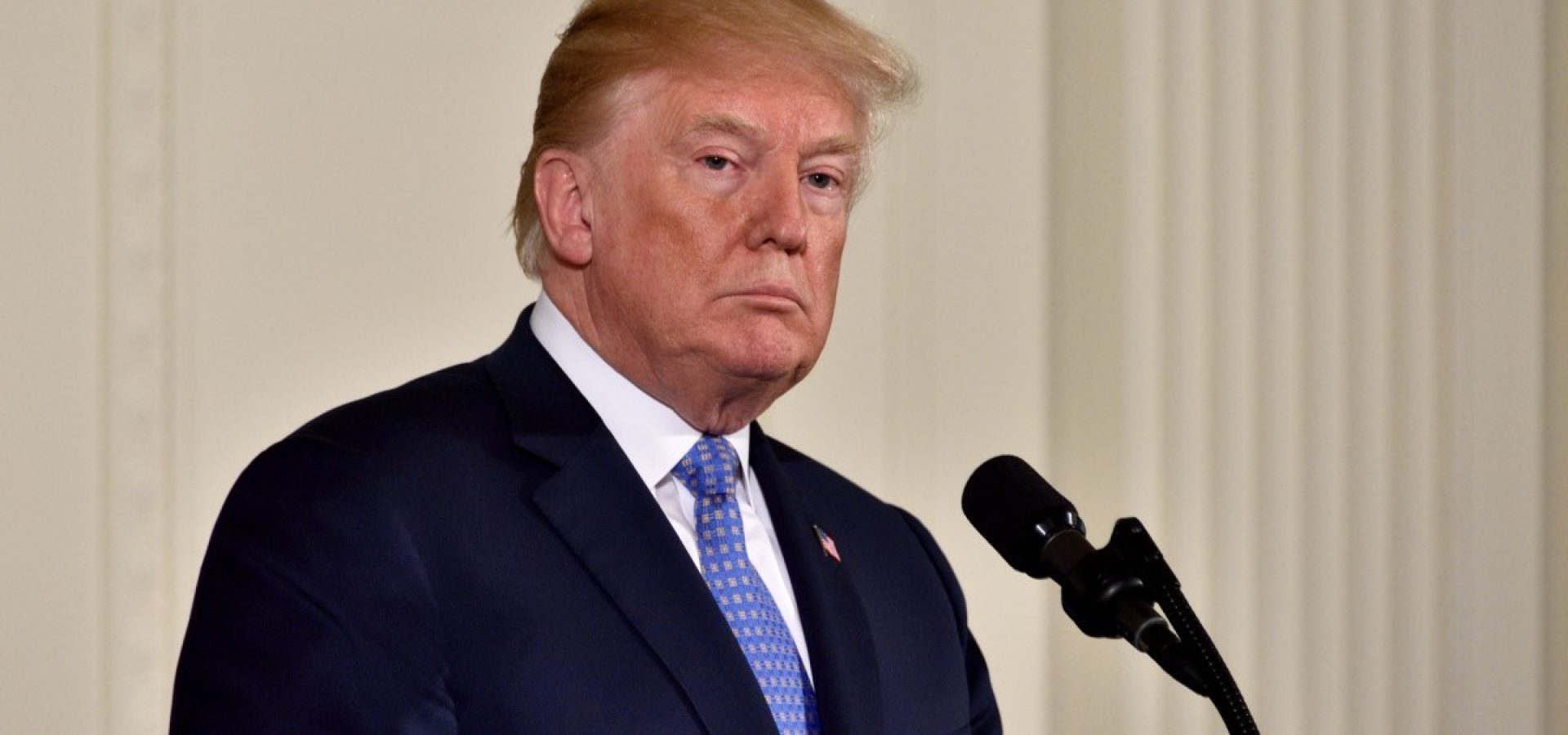The trade war between the largest economies in the world was a huge problem for the global economy. However, several months ago the U.S. and China signed the partial trade deal. Nevertheless, the trade war is not over, as there are other issues that China and the U.S. should solve in the future. Also, the coronavirus pandemic reignited tensions between the countries. Tensions affected the stock markets in the Asia Pacific.
On Monday, major regional markets were closed for holidays. However, markets in Hong Kong, South Korea Australia, India as well as Singapore worked as usual.
Notably, Hong Kong’s Hang Seng index fell 4.18% to close at 23,613.80 with the shares of the Chinese tech giant Tencent fell 4.08%.
Moreover, South Korea’s Kospi index dropped 2.68% to end its trading day at 1,895.37. Also, Singapore’s Straits Times index fell 2.15%.
In India, Nifty 50 fell 5.34% in afternoon trade.
Australia’s S&P/ASX 200 defied the overall trend to close 1.41% higher at 5,319.80. Shares of major bank Westpac added 2.8%. Interestingly, shares of Westpac rose on Monday, despite the fact that profit fell in the first quarter of 2020.
Importantly, markets in China, Japan, and Thailand were closed on May 4 for holidays.
Donald Trump, markets and coronavirus pandemic 
Tensions between the U.S. and China increased due to the coronavirus pandemic. On May 3, U.S. President Donald Trump said he believes that a “mistake” in China was the cause of the spreading coronavirus pandemic. Nevertheless, he did not provide any evidence to support his claim.
The number of confirmed cases surpassed 3.5 million. The U.S. has the largest number of cases. On the same day, Trump said he was confident that the coronavirus vaccine will be ready by the end of the year. However, according to public health officials, it could take a year to 18 months.
The coronavirus crisis is already a big problem for the global economy. Tensions between the largest economies may prolong the path to recovery.









COMMENTS